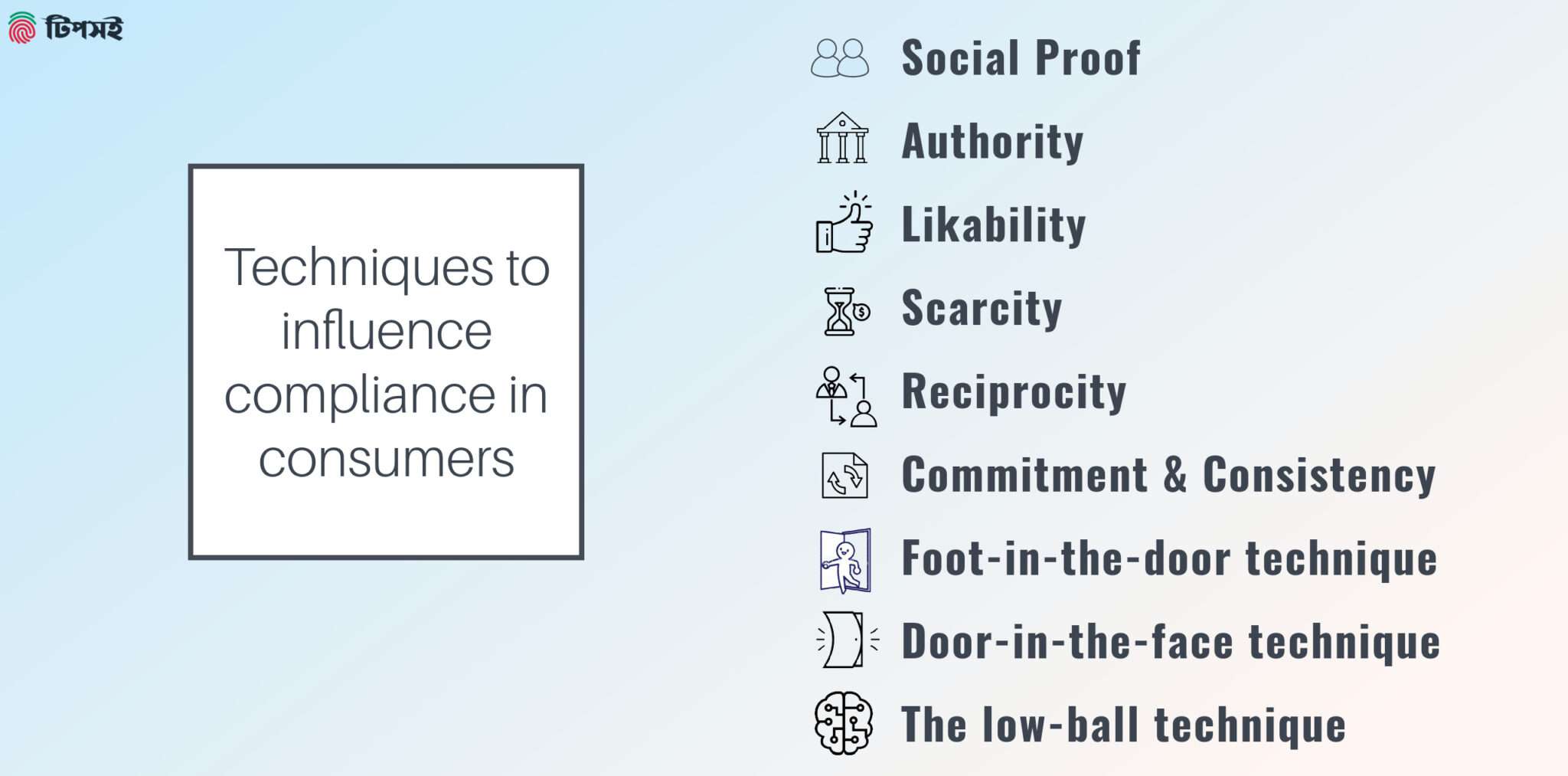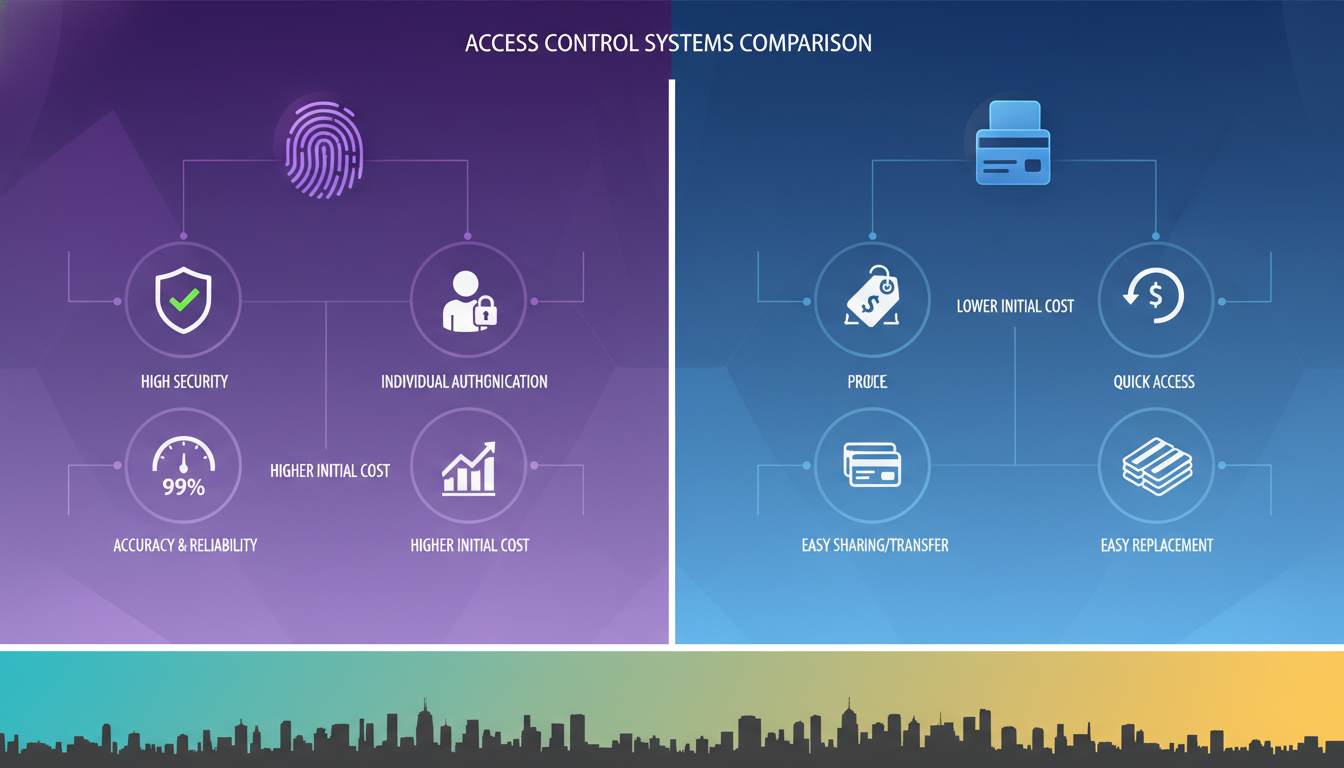
Cultural norms, personal values, cognitive and emotional processes, and the behavior of others all influence social behavior. Being that, compliance is a common aspect of social behavior. Social norms and expectations often influence the meaning of compliance.
The concept of compliance has been studied extensively since the mid-20th century, with landmark experiments like Stanley Milgram’s obedience study and Solomon Asch’s conformity experiments.
Accordingly, people often comply with the requests or demands of others. Because everyone wants to fit in their social group. In some cases, non-compliance can result in social rejection or punishment. Some examples of compliance in social behavior include:
- Despite being busy, taking the time to help a friend move.
- Buying a product because a salesperson convinced you that it was the right product for you.
- You should follow the rules of a game even if you don’t agree with them. Everyone else does.
- It is a responsibility to obey a teacher or authority figure despite disagreements or disagreements with them.
- Participating in group activities even if you don’t like them.
The Meaning of Compliance:
What Does Compliance Mean in Psychology?
In the field of psychology, obedience means giving in to what other people want or need. To define compliance in psychology, it refers to a change in behavior due to a direct request, often influenced by authority or social norms. Similarly, social influence occurs when someone’s behavior or attitude changes due to an appeal or suggestion. The truth is, it is human nature to conform to fit in. Besides this, The compliance definition in psychology emphasizes how authoritative and knowledgeable the person making the request is, as well as social norms, also by social norms and standards for compliance.
Undoubtedly, persuasion and social psychology require compliance. There are impacts of this in politics, ads, and relationships.
Compliance psychology refers to the study of how individuals change their behavior in response to direct requests or social influences. It explores techniques like social proof, authority, and scarcity to understand why people follow the crowd.
Key Techniques of Compliance Psychology
Compliance psychology explores various techniques that influence individuals to follow requests or conform to social norms. Below are three of the most widely studied and impactful techniques:
- Social Proof
Social proof refers to the tendency of people to look to others for guidance on how to behave, especially in uncertain situations. When individuals see a behavior or decision being adopted by a group, they are more likely to follow suit.- Example: Online reviews and ratings influence consumers to purchase highly-rated products because they assume those choices are correct or popular.
- Authority
People are more likely to comply with requests from individuals who are perceived as authoritative or knowledgeable. This technique leverages trust in expertise or status.- Example: A doctor recommending a specific medication is more likely to convince patients to use it compared to a non-expert.
- Scarcity
Scarcity creates a sense of urgency by emphasizing limited availability or time constraints. This technique works because people value things more when they perceive them as rare or fleeting.- Example: Sales promotions like “Only 2 items left in stock!” or “Limited-time offer!” often drive people to act quickly.
Key Compliance Techniques at a Glance
| Technique | Description | Example |
| Social Proof | Using popularity or group behavior to influence decisions. | Showing product reviews or ratings on social media. |
| Authority | Leveraging expertise or endorsements from credible figures. | A doctor recommending a health product. |
| Scarcity | Creating urgency by emphasizing limited availability or time. | “Limited-time offer” campaigns or “Only 2 items left!” ads. |
How These Techniques Influence Behavior
These techniques tap into psychological triggers, making people more likely to comply with requests without critically analyzing their decisions. By understanding these methods, individuals and organizations can either use them ethically or recognize when they are being influenced.
Examples of Compliance in Everyday Life
Compliance psychology is not just a theoretical concept, it plays a significant role in our daily lives. Here are some relatable examples that demonstrate why people often follow the crowd:
- Following Fashion Trends
Have you ever bought a piece of clothing simply because “everyone else is wearing it”? This is an example of social proof, where people adopt behaviors or preferences based on what they perceive as popular or socially accepted. - Buying a Product Endorsed by a Celebrity
When a famous actor or influencer promotes a product, many people feel compelled to purchase it. This behavior stems from the principle of authority, where individuals trust recommendations from perceived experts or figures of influence. - Donating to Charity After Seeing Others Contribute
Fundraising campaigns often highlight how many people have already donated. This creates a sense of social proof and motivates others to contribute as well, following the crowd’s lead.
How These Examples Impact Behavior
These everyday examples show how compliance psychology shapes decisions, often without us realizing it. By understanding these patterns, we can become more aware of how external influences impact our choices.
How Compliance Psychology Shapes Consumer Behavior:
In Business
In business, compliance refers to the adherence to laws and regulations that govern business operations. Therefore, it ensures that companies operate ethically and within legal boundaries.
In Marketing
Again, compliance refers to adherence to rules and regulations related to advertising and promotions. It includes guidelines for truthful and non-misleading advertising and protecting consumer privacy. As a result, maintaining a positive reputation and avoiding legal consequences requires understanding the meaning of compliance. Also, It helps to protect the interests of customers and shareholders. Consequently, failure to comply can result in fines, penalties, and legal action.

As well as that, marketers ensure that their practices protect consumer privacy and personal data. They also review and update their advertising materials and campaigns to ensure they comply with the laws and regulations. Moreover, marketers train their employees on the proper meaning of compliance to ensure that everyone in the organization knows the rules and regulations. Behavioral expectations in compliance also play a role in ensuring that employees adhere to ethical standards. Thus, marketers can maintain a positive reputation and avoid legal issues.
How Compliance Psychology Shapes Marketing Strategies
Understanding the types of compliance in psychology can help marketers design better strategies for influencing consumer behavior. Marketers often apply techniques of compliance in social psychology to influence consumer decisions effectively. They use compliance psychology to craft strategies that influence consumer decisions. By applying techniques like social proof and scarcity, they can create campaigns that resonate with their audiences. some of them are mentioned below:

- Social Proof: Marketers use social proof to show that a product or service is popular by showing a product’s social media popularity.
- Authority: Marketers may use expert endorsements or language implying industry leadership. Marketers try to persuade customers to buy their products by presenting themselves as experts.
- Likability: It involves making the company more likable or relatable to consumers by using humor or storytelling to make consumers feel good.
- Scarcity: Creating a sense of urgency or limited availability makes a product or service seem more valuable. Marketers may use “limited time offer” or “while supplies last” to get consumers to act fast. It is to persuade consumers to buy by creating a sense of scarcity.
- Reciprocity: This involves giving the customer something in exchange for a favor. A marketer may offer a free sample or gift to entice a sale. Why do people comply? Social norms, perceived authority, and personal values often drive individuals to conform to requests.
- Commitment & Consistency: This involves getting customers to make a small commitment upfront to persuade them to take larger actions later. A marketer may request a small donation or signature on a petition to encourage a larger donation or purchase.
- Foot-in-the-door technique: First, this method asks for a lot at first and then less, which consumers are more likely to accept. A marketer may first request a survey, then make a purchase.
- Door-in-the-face technique: The consumer is more likely to agree to a smaller request after a large request. For instance, a marketer might ask for a big donation and then a small one afterward.
- The low-ball technique: It involves getting the consumer to commit to an action and then raising the costs or demands. A marketer may offer a low initial price for a product and then add hidden fees.
Studies on the Meaning of Compliance:
The meaning of compliance has been explored from various angles. Compliance is affected by factors like fairness, costs, benefits, and enforcement effectiveness. Additionally, training and communication programs can foster a culture of compliance. In addition, research shows that compliance has a positive impact on business performance. Studies have examined how compliance programs prevent noncompliance.
Many research studies have been conducted on compliance, conformity, and obedience. Persuasion and social psychology rely on these concepts. Compliance experiments include:
- The Milgram experiment: In the 1960s, Stanley Milgram did a famous experiment. The purpose was to see how much people obey authority figures’ orders. Orders were to give electric shocks to someone. Even if participants thought they were hurting them. The experiment showed that many participants were willing to obey. Even when they believed they were causing harm.
The concept of demand compliance in psychology was highlighted in Milgram’s study, where participants complied with authoritative demands despite moral conflicts.
- The Asch conformity experiment: In the 1950s, psychologist Solomon Asch conducted a series of experiments called the Asch conformity experiments. These studies aimed to investigate the effect of social pressure on an individual’s perceptions and judgment. In these experiments, participants were shown a card with a line on it and asked to compare it to a second line. The experimenter’s confederates gave the wrong answer in some trials. As a result, most participants conformed to the incorrect answers at least once, thereby demonstrating the powerful influence of social pressure on individuals.
Asch’s conformity experiments also shed light on behavioral compliance, where individuals align their actions with group norms even against their better judgment.
- The Stanford Prison Experiment: In 1971, Philip Zimbardo did a study. He wanted to know how power and control affect human behavior. He randomly picked participants to be either guards or prisoners. The experiment caused controversy. The guards were abusive and harmful. They distressed the prisoners. The study showed that social roles and situational factors greatly influence compliance and behavior.
The Stanford Prison Experiment also demonstrated excessive compliance, meaning individuals went beyond reasonable limits under social pressure.
Important Aspects that Play a Role in Compliance:
Many factors can affect compliance, which can vary depending on the specific situation and the influence of the individual. Here are a few examples of factors that can affect compliance:
- Perceived authority of the influencer: People are more likely to comply with requests from authorities like teachers, police officers, and doctors.
- The nature of the request: People are more likely to comply with requests perceived as reasonable, beneficial, or consistent with their values and beliefs. For example, someone might be more likely to comply with a request to recycle their waste if they believe it is important to protect the environment.
- The relationship between the influencer and the individual: Personal relationships and trustworthiness influence compliant behavior, meaning individuals are more willing to fulfill requests from trusted sources. A friend or family member may be more likely to comply than a stranger.
- The presence of others: People are more likely to comply in the presence of others, especially similar ones. “Social proof norm”.
Public compliance refers to outwardly conforming to group norms while privately disagreeing.
Social psychology and persuasion focus on compliance, conformity, and obedience. Studies and experiments have shown how influencers can manipulate people’s social decisions. The authority of the influencer, the nature of the request, the relationship between the parties involved, the presence of others, and the individual’s personality and motivation all play a role in determining compliance. Understanding these factors can help predict and influence compliance in various situations.
Compliance psychology is closely related to other concepts in social psychology, such as conformity (changing behavior to align with group norms) and obedience (following orders from authority figures).
Summing up,
Compliance psychology is a fascinating field that sheds light on why we follow the crowd and how external influences shape our decisions. From foundational techniques like social proof, authority, and scarcity to their applications in marketing strategies and everyday life, compliance plays a crucial role in maintaining societal order and driving consumer behavior. Whether it’s waiting in line at the grocery store, responding to a celebrity endorsement, or adhering to workplace protocols, compliance is deeply embedded in our daily routines.
Understanding these principles not only helps us recognize when we are being influenced but also empowers us to make more informed decisions. For businesses and marketers, leveraging compliance techniques ethically can foster trust and engagement, while for individuals, awareness of these mechanisms can lead to greater autonomy in decision-making.
Ultimately, compliance psychology reveals the delicate balance between social harmony and individual choice—a balance that continues to shape our interactions in profound ways.
How Tipsoi can help with handling Compliance Psychology
FAQs
What is compliance in psychology?
In psychology, compliance means changing how you act when someone asks you to or tells you to, without needing to be told.
What is an example of compliance in psychology?
You might buy something because the seller tells you to, help a friend because they ask you to, or follow the rules because that’s what’s expected in that setting.
What are the techniques of compliance?
The foot-in-the-door method, the door-in-the-face technique, and the low-ball technique are some of the techniques.
How does compliance differ from obedience?
Compliance means giving in to requests without being told to, while submission means doing what someone in charge says.
Why do people comply?
People do what they’re told because their social setting has a lot of power over them; they want to fit in, or they want to escape conflict.
What is malicious compliance meaning?
Malicious compliance occurs when someone follows instructions exactly as given, knowing it will lead to an undesirable or absurd outcome.
What is compliance psychology?
Compliance psychology studies how and why individuals conform to requests or social norms, often influenced by factors like authority or group behavior.
Why do people follow the crowd?
Humans are social creatures who often rely on group behavior for decision-making. This tendency is driven by psychological principles like social proof and conformity.
Student Attendance App with Facial Recognition for Bangladesh Schools
Attendance is boring to take but important in schools. Every day, teachers spend a lot of time calling out names. But what if a smart camera could do this job in just seconds? That’s what facial recognition attendance apps do. They use smart computers to see student faces and mark attendance by itself. No more…
Biometric Access Control vs Card Access Control
Understanding Access Control Systems Access control systems keep your building safe from strangers. They decide who can come inside and when. Think of them as smart locks for your office. These physical access security tools check if someone should be allowed in. Modern authentication systems use everything from number pads to finger scanners. Learning access…
How to Generate Accurate Field Visit Reports in Minutes with Tipsoi
The Burden of Manual Tracking Picture this: It’s Monday morning. Your HR manager is drowning in spreadsheets. Field employees visited 47 clients last week. But where’s the proof? Someone scribbled notes on paper. Another sent a blurry photo on WhatsApp. Three people forgot to report entirely. Sound familiar? Manual field visit tracking is a nightmare.…










